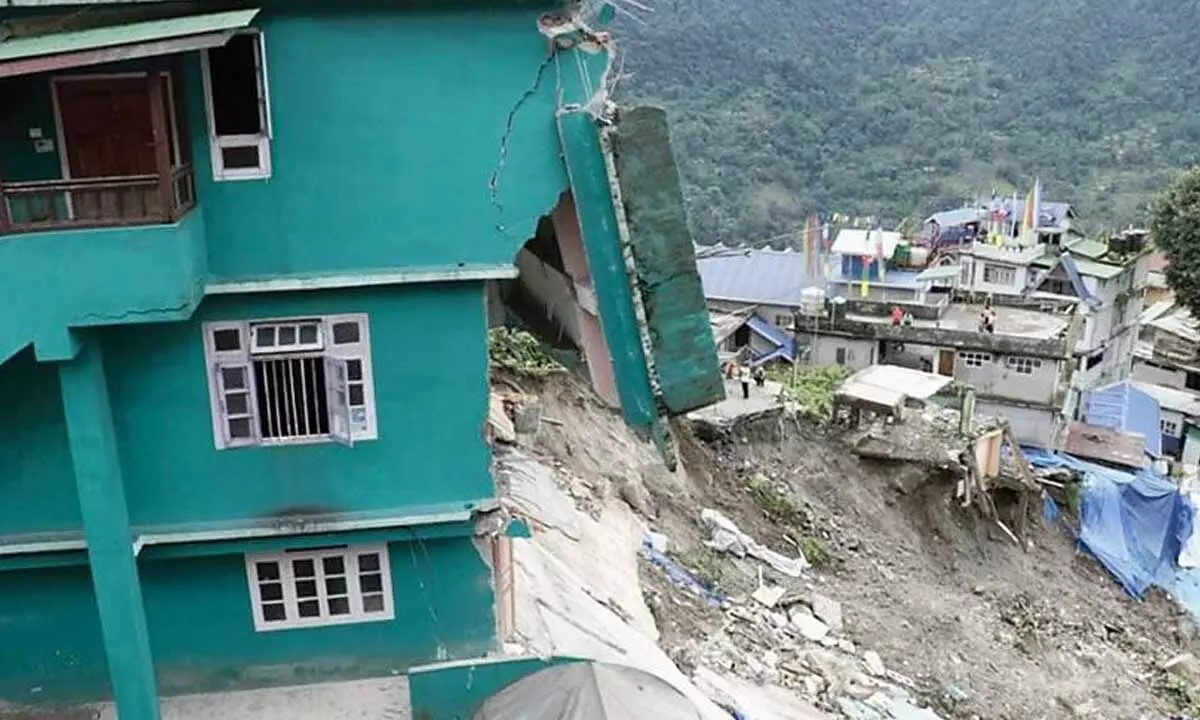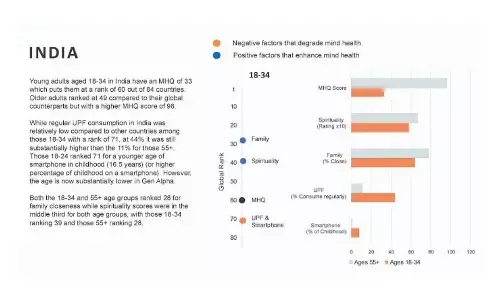Landslide prediction: IIT Mandi develops AI to improve accuracy

Landslide prediction: IIT Mandi develops AI to improve accuracy
Researchers at the Indian Institute of Technology (IIT), Mandi have developed a new algorithm using Artificial Intelligence (AI) and Machine Learning (ML) that could improve the accuracy of prediction for natural hazards like landslides.
New Delhi: Researchers at the Indian Institute of Technology (IIT), Mandi have developed a new algorithm using Artificial Intelligence (AI) and Machine Learning (ML) that could improve the accuracy of prediction for natural hazards like landslides.
According to officials, the algorithm developed can tackle the challenge of data imbalance for landslide susceptibility mapping which represents the likelihood of landslide occurrences in a given area. The results of their work have recently been published in the journal "Landslides" The developed algorithm has been tested for landslides and can be applied to other natural phenomena such as floods, avalanches, extreme weather events, rock glaciers and permafrost, mapping that tend to have very less data points, helping to estimate the risks, they claimed.
Landslides are a frequent natural hazard in mountainous areas around the world, causing significant losses of life and property. "To estimate and eventually mitigate these risks, it is essential to identify areas that are susceptible to landslides. A Landslide Susceptibility Mapping (LSM) indicates the likelihood of a landslide occurring in a specific area based on causative factors such as slope, elevation, geology, soil type, distance from faults, rivers and faults, and historical landslide data," said D P Shukla, Associate Professor, School of Civil and Environmental Engineering at IIT Mandi.
"The use of AI is becoming increasingly vital for the prediction of natural disasters such as landslides. They can potentially predict extreme events, create hazard maps, detect events in real-time, provide situational awareness, and support decision-making.
Machine Learning is a subfield of Artificial Intelligence that enables computers to learn and improve from experience, without being explicitly programmed. "It is based on algorithms that can analyse data, identify patterns, and make predictions or decisions, much like human intelligence. ML algorithms, however, require large amounts of training data for accurate prediction. In the case of LSM, this data consists of the causative factors of landslides as mentioned earlier, and historical landslide data," he added. Shukla explained that landslides are a rare occurrence in certain areas, leading to the unavailability of extensive amounts of training data, which hinders the performance of ML algorithms. "For a given area, in comparison to non-landslide points (considered as negative), landslide points (considered as positive) are very less thus creating an imbalance between positive and negative points which affects the prediction," he said.
Shukla's team has developed a new ML algorithm that overcomes this issue of data imbalance for training of the algorithm. It uses two under sampling techniques, EasyEnsemble and BalanceCascade, to address the issue of imbalanced data in landslide mapping. Data about the landslides that occurred in the Mandakini River Basin in northwest Himalaya, Uttarakhand, India, between 2004 and 2017 were used to train and validate the model, he said.











